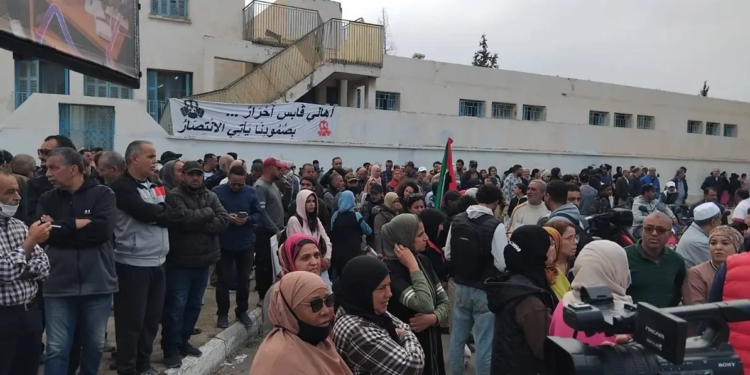The legal case aimed at obtaining the closure of the polluting units of the Groupe Chimique de Gabès (GCT) has once again been postponed. The president of the Gabès Regional Bar Association, Mounir Adouni, announced that the third summary hearing is now set for December 4, 2025, in a context of growing mobilization of citizens and local associations.
Justice slowed down as anger rises
Mounir Adouni, telling the TAP agency, stressed that the hearing, which was initially supposed to be held earlier, had been postponed several times. He recalls that, during the second hearing, the regional section of lawyers had already presented convincing evidence exposing the “imminent” danger posed by the GCT units on the health of residents.
According to him, these postponements are particularly serious, given the alarming health situation: cases of asphyxia have been reported among students, and hospitals in the region are struggling to respond to the influx of patients.
Alongside legal proceedings, social pressure is intensifying. A gathering of residents as well as civil society activists was held in front of the Court of First Instance of Gabès. The demonstrators demand not only the cessation of polluting activities, but the total dismantling of the GCT’s industrial units.
The previous week, a peaceful march had already crossed several arteries of the city, denouncing what they consider to be chronic neglect of the authorities and a lack of political will to sustainably resolve the crisis.
An old but exacerbated environmental problem
The legal dispute is part of a much broader context of environmental anger in Gabès. The GCT, an industrial pillar of the region, has been accused for years of discharging significant quantities of phosphogypsum, a toxic waste containing heavy metals and radioactive substances.
Residents denounce persistent air pollution, linked to emissions of ammonia, sulfur and nitrogen compounds.
According to the Tunisian Association for the Environment in Gabès, the health situation is deteriorating: respiratory diseases, cases of asphyxiation and other effects are becoming more and more frequent, partly because of the age of the industrial installations in the complex.
Read also








